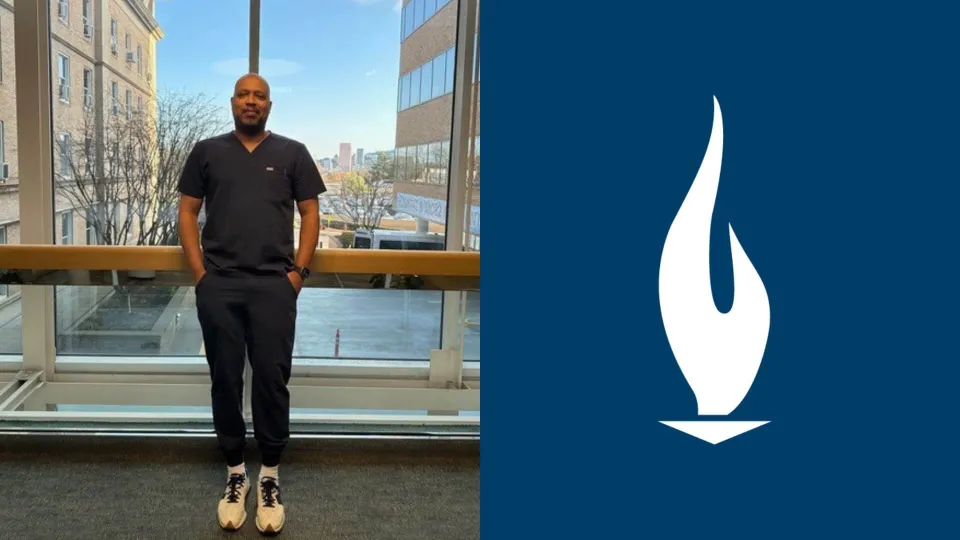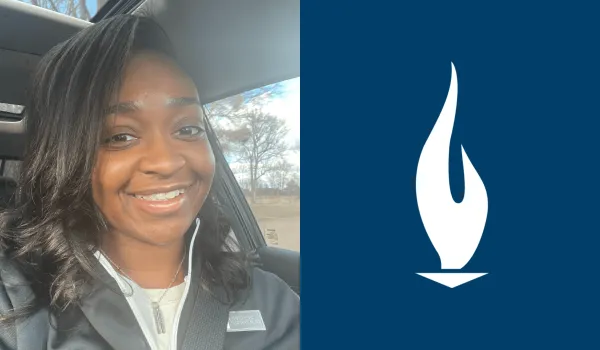
By the nature of life itself, a respiratory therapist might just be the most important member of a medical team.
If you can't breathe, you can't live.
It was with this in mind that we decided to delve more deeply into what role the Respiratory Therapist plays. How does a Respiratory Therapist integrate into a medical team? We sought the expertise of one of Concorde's leading respiratory therapist program directors and some guidance from sources outside Concorde. If you're a student thinking about a career that suits you best, this is worth a read. Respiratory Therapist is a career that is vital, challenging and rewarding.
How the Respiratory Therapist integrates into a medical team
"The Respiratory Care Practitioner (RCP) is an integral member of almost every team in the hospital," said Tommy Rust, Med, RRT, RCP, FAARC, Lead Director of Concorde respiratory therapist programs in Dallas, TX. "When there is a suspected, early or high-risk delivery, the RCP is there. They will stimulate the baby to breathe, suction the airway, and dry the baby to prevent hypothermia."
"In the Emergency Department, the trauma patient or the asthma patient will need the RCP to provide treatments or intubate. The RCP will also see the COPD patient to assist them in overcoming an acute episode. Specific illnesses are emphysema, chronic bronchitis, cystic fibrosis, and bronchiectasis."
Rust said the Respiratory Therapist also assists the transport of critically ill patients via ambulance and air transport.
"The RCP is a valued member of the hospital staff working directly with the physicians and nurses in caring for patients with breathing problems," he said. "As a RCP, one never knows what the day will bring. The challenges are never-ending, and the rewards cannot be measured."
Integration of the Respiratory Therapist a key to life
One of the leading causes of medical errors and patient harm is ineffective communication among health care professionals, according to an article published by the University of Cincinnati Medical Center. According to the article, communication failures account for more than 70 percent of these instances.
The recommendation is for the complete integration of individual health care. This includes patient-centered rounds composed of all professionals involved in the patient's care. This includes the Respiratory Therapist.
These rounds should focus on decision-making, shared information, treatment plans, safety issues and daily goals for care. As circumstances change, respiratory therapists should keep patients and family members updated whenever possible.
Additionally, treatment now is moving toward lower-cost health care with an emphasis on effective recovery. While hospitals will always be needed, much of the new push for open and collaborative communication will be achieved by moving the majority of patient care into low-impact, lower-cost facilities. A lot of respiratory therapy will even be performed in the patient's home in the future, bringing new meaning to the term respiratory home care.
So, for those of you contemplating, what is a respiratory therapist, just know that the profession is inter-weaved integrally into the full scope of patient care. You're literally giving breath to patients in need, and that might make the Respiratory Therapist the most important integration of all.
Take The Next Step Towards a Brighter Future
Interested in learning more about our Respiratory Therapy program?
We have a Concorde representative ready to talk about what matters most to you. Get answers about start dates, curriculum, financial aid, scholarships and more!







